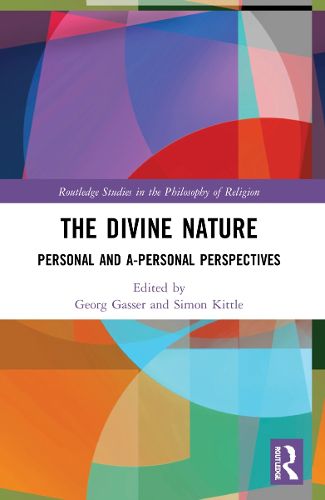Readings Newsletter
Become a Readings Member to make your shopping experience even easier.
Sign in or sign up for free!
You’re not far away from qualifying for FREE standard shipping within Australia
You’ve qualified for FREE standard shipping within Australia
The cart is loading…






This book is the first systematic treatment of the strengths and limitations of personal and a-personal conceptions of the divine. It features contributions from Jewish, Islamic, Chinese, Indian and naturalistic backgrounds in addition to those working within a decidedly Christian framework.
This book discusses whether the concept of God in classical theism is coherent at all and whether the traditional understanding of some of the divine attributes need to be modified. The contributors explore what the proposed spiritual and practical merits and demerits of personal and a-personal conceptions of God might be. Additionally, their diverse perspectives reflect a broader trend within the analytic philosophy of religion to incorporate various non-Western religious traditions. Tackling these issues carefully is needed to do justice to the strengths and limitations of personal and a-personal accounts to the divine.
The Divine Nature: Personal and A-Personal Perspectives will be of interest to scholars and advanced students working in philosophy of religion and philosophical theology.
$9.00 standard shipping within Australia
FREE standard shipping within Australia for orders over $100.00
Express & International shipping calculated at checkout
This book is the first systematic treatment of the strengths and limitations of personal and a-personal conceptions of the divine. It features contributions from Jewish, Islamic, Chinese, Indian and naturalistic backgrounds in addition to those working within a decidedly Christian framework.
This book discusses whether the concept of God in classical theism is coherent at all and whether the traditional understanding of some of the divine attributes need to be modified. The contributors explore what the proposed spiritual and practical merits and demerits of personal and a-personal conceptions of God might be. Additionally, their diverse perspectives reflect a broader trend within the analytic philosophy of religion to incorporate various non-Western religious traditions. Tackling these issues carefully is needed to do justice to the strengths and limitations of personal and a-personal accounts to the divine.
The Divine Nature: Personal and A-Personal Perspectives will be of interest to scholars and advanced students working in philosophy of religion and philosophical theology.